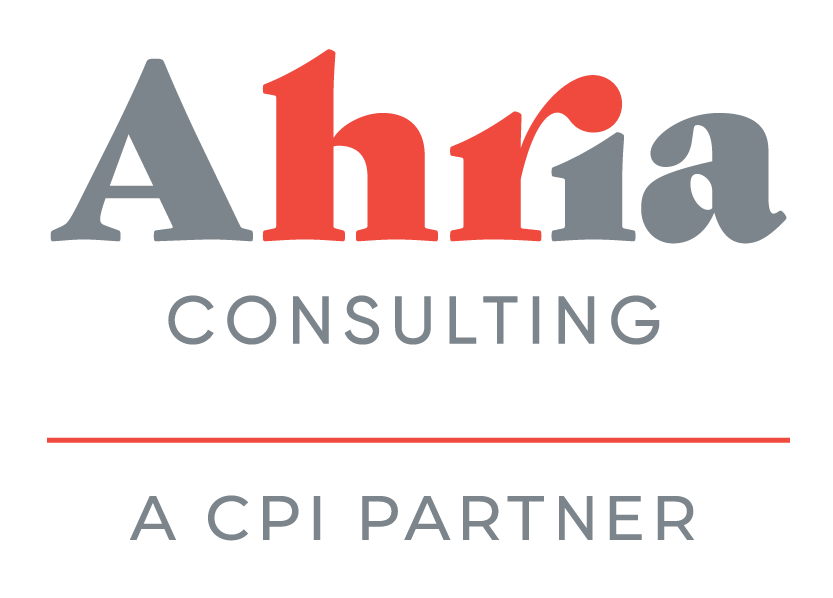Working too hard? New University of Waterloo research highlights the importance of taking breaks
You’ve probably heard something like this before, from coworkers, shop stewards or conscientious supervisors: take your breaks.
A new study from the University of Waterloo, however, suggests that employees aren’t taking their breaks with much discipline ― and that is having knock-on effects both for them and their organizations.
The researchers surveyed the break habits of around 400 workers, and found that a), employees often kept working despite wanting to pause, and b), that skipping breaks had a negative impact on their wellbeing, productivity and performance.
But what the study really wanted to know was why workers chose to forgo their breaks. The most common reason was workload: the more work there was, the more implied pressure there was to skip the break.
“In the face of a large workload, an individual may be unwilling to divert time away from the task at hand and instead choose to ‘power through’ without a break, in spite of fatigue,” the research found.
The researchers also discovered that workers wanted to keep up momentum and speed of work (and thus power through), as well as finding that small interruptions often derailed plans to take a break.
The research also considered the workplace climate ― that is, how accepted break-taking was in the workplace, and suggested this is probably where the biggest gains could be made for both parties. A small minority of surveyed workers suggested that supervisors were applying pressure to skip their breaks, but that this was detrimental to both well-being and productivity. In other words, everybody wins when breaks are observed correctly.
“We recognize that it may not always be possible for employees to take more breaks,” said Dr. Vincent Phan, one of the study’s authors, “but if employers can promote employee wellbeing by addressing the conditions that can make work unpleasant, they may be able to reduce the number of breaks needed.”
Content written by Kieran Delamont for Worklife, a partnership between Ahria Consulting and London Inc. To view this content in newsletter form, click here.
